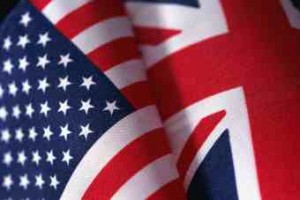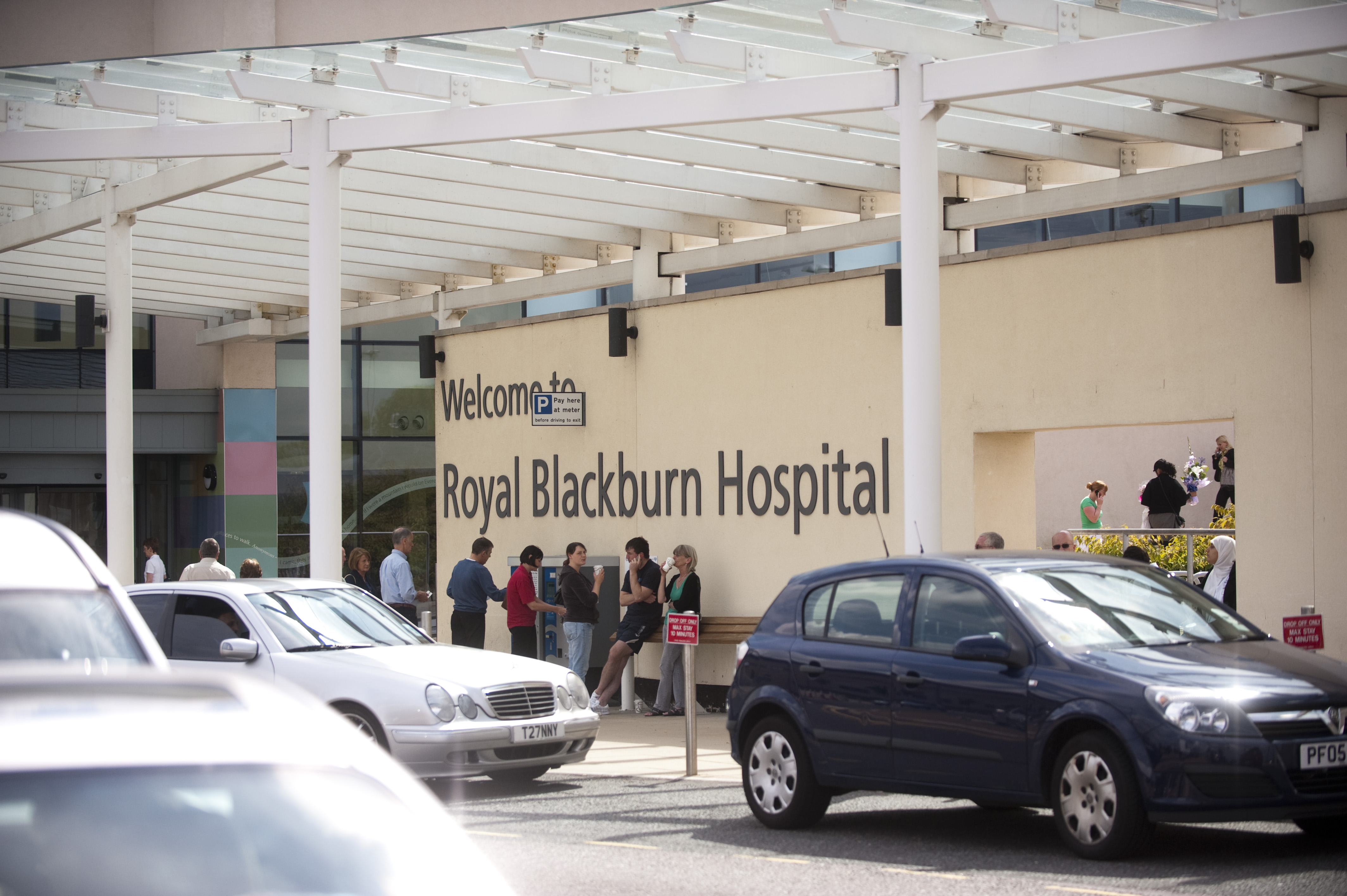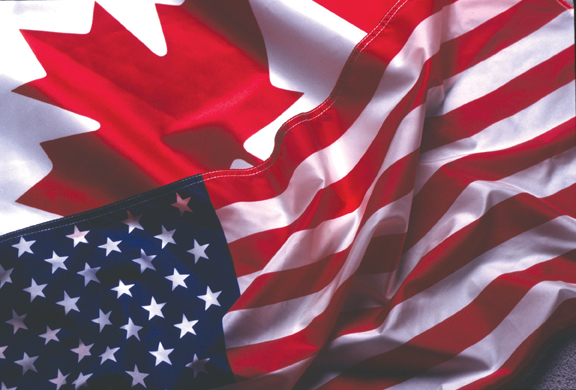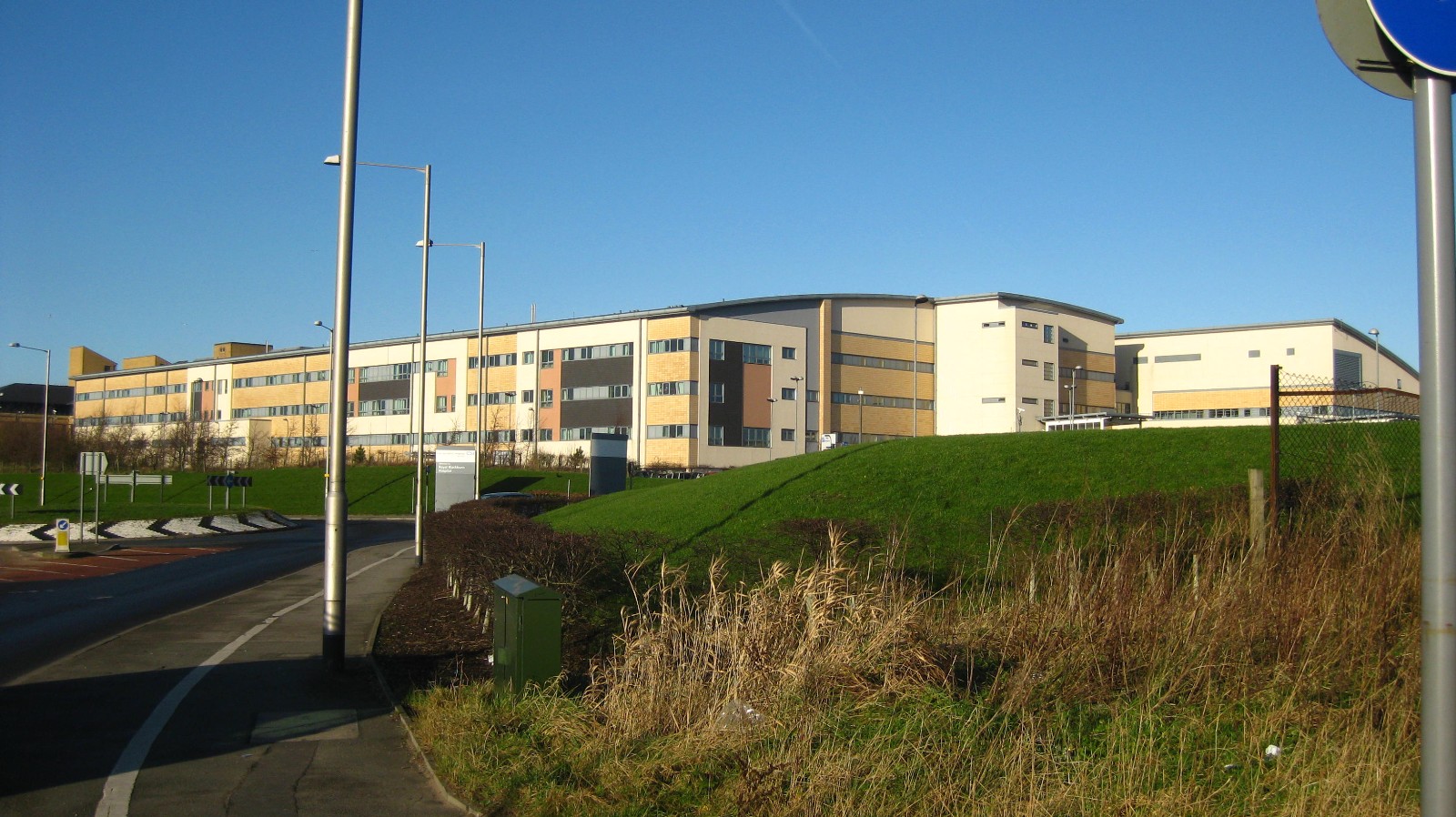English English
 Being in England for a week already, I’m already getting a sense of some differences between American English and British English, particularly the English spoken in Blackburn, Lancashire. While I find myself putting a little more effort and focus into listening when other people are speaking, I find that adjusting to the English here hasn’t been as difficult as I had thought so far. While some terms have confused me initially, others have been a little more addicting to catch on and adopt. Here are some differences I have heard here so far:
Being in England for a week already, I’m already getting a sense of some differences between American English and British English, particularly the English spoken in Blackburn, Lancashire. While I find myself putting a little more effort and focus into listening when other people are speaking, I find that adjusting to the English here hasn’t been as difficult as I had thought so far. While some terms have confused me initially, others have been a little more addicting to catch on and adopt. Here are some differences I have heard here so far:
- Zebra – This is what they call a crosswalk, which looks like zebra stripes on the road. Clever!
- Cheers – This means Thank you, as in what you say when someone holds the door for you. If “cheers” is “thank you,” then I’m not sure what they would say when they just want to bump drinks at dinner.
- City centre – This is what they call downtown.
- GP – Since I am rotating in the hospital here, I hear this term all the time, which is equivalent to Family Doctor or Primary Care Provider (PCP) in the US. GP stands for General Practitioner.
- Pudding – While in America you’d think of this as a corn-starchy glob-like sweet dessert, in England, it could mean either some type of pastry, or some type of moist bread, as in bread pudding or steak & kidney pudding.
- Shattered – It means “tired.”
- Pear-shaped – hay-wired, or when something that was planned goes unexpectedly wrong.
- “To Let” – “For Rent.” You see these signs everywhere here. At first I thought they just forgot to put an “I” in the word “toilet.”
- Asian – not the “Asian” we typically think of in the US. In Britain, “Asian” refers to Indians and Pakistanis. They would not consider me Asian. Instead, as a Taiwanese-American, I would be considered “Oriental,” like the rug.
- Hiya – the most common greeting you’ll hear here in Blackburn.
- Operation Theatre – Operation room
- Consultant — Attending physician
- Junior Doctors or House Officers — Residents. The first and second year of residency in England are called FY1 and FY2, respectively. After that, you become an SHO, or senior house officer. After being an SHO for a certain number of years, you become a Registrar, then finally, a Consultant (aka “Attending”).
- Bowels Open (BO) — When I first heard this, I thought it was a euphemism for abdominal surgery, but then I realized it meant to go do #2, to defecate, or to have bowel movements present (+BM), whichever euphemism you prefer. No, BO is not “body odor” in this case.
- A & E — Emergency Room. Stands for Accidents and Emergency.
- Placement — Clinical Rotation. It didn’t seem like people understood me when I talked about my “rotation.” But they did keep asking me about my “placement.” Then I figured it out.
- Sister Nurse — Head nurse. When I first heard the term, I thought the nurse was also a Catholic nun… little did I know.
- Surgery — A “surgery” is a “clinic.” And it’s not necessarily a clinic where surgeries are done. It’s often just a family practice clinic. This really confused me when I first came to England.
- Car Park — Parking Lot
- Car Hire – Car rental
- Rubbish – trash
- Yankee – slang that refers to all Americans, not just Americans from the northeast region. I’ve only been here a week, and I’ve already been called this twice, even though I tell people I’m originally from Georgia.
- To clerk a patient – to take the history of a patient.
- My love – very common thing they call familiar people here, not necessarily between lovers, but between friends or even coworkers who may be closer.
- Shopping Centre – They don’t call malls “malls” here. Instead they call them shopping centres. In Blackburn, they named the Shopping Centre “The Mall” as if it were a fancy name rather than a common noun.
- Pissed – Pissed does not mean “mad” here. Instead, it means “drunk” or “wasted.” Example: Pissing the night away. I get knocked down, but I get up again…
- Fortnight – 14 days. They use this term quite a lot, like “I stopped taking the medicine a fortnight ago.”
- Quid – pound, as in the currency. I guess it’s kinda like how we say “10 bucks” for “10 dollars” or “5 grand” for “5 thousand.”
- Stone – 14 pounds, especially when patients talk about their weight. i.e. 11 stone 4 = 11×14 + 4 pounds = 158 pounds. Get used to this because people here in Blackburn always talk about their weight in stones!
- Chips — what we call fries. What we call “chips” is actually “crisps.”
- Chippery — a fish-and-chips restaurant.
- Sultanas — Raisins
- Prawns — in the states, a prawn is a type of large shrimp. Here, a prawn is just any shrimp. Prawn is a very popular flavor of potato chips (crisps) here.
- Whilst = while.
- Are you alright? — “How’s it going” or “How are you doing?”
- “Half One” or any other such constructs — I once asked a restaurant when they closed, and they said “half one.” Not knowing what that meant, I asked for him to repeat the answer another time. I thought I misheard. Still not understanding, I asked for him to repeat it again. After the third time, I just decided to give up. My friend, who was watching this whole thing in amusement, told me he means “half past one” or 1:30













It’s funny that this is new to you. I used to say half one all the time in the US and it was only about an hour before I left my 8 week elective that I realised no one said it there! Asking where theatre 3 was got me some funny looks too! Bear in mind some of what you are hearing is reasonably specific to the North, you wouldn’t hear a couple of those things in the South much. Not sure if you know but in the UK the South is generally richer etc. If you ask anyone where is better, North or South, their answer will basically be whichever they are from.
Heheheh – yes, I spent a year in Yorkshire where my family is from. I speak British-English in Australia, and STILL I struggled over there in the Motherland.
I have Americans in my med school classes and I used the term “pear-shaped” and I really couldn’t believe they didn’t understand – I didn’t realise it was a British/Australian term.
We don’t used “shattered” in Australia in that way – we used it when we’re very upset about something. We use “knackered” when we’re very tired. Pissed = drunk, pissed off = angry. Do you use the term “to square something away”?
We call Americans “Yanks”, rather than Yankies, and the English “Poms” or “Pommies” which I thought meant for Prisoner Of the Motherland (but reading Wikipedia they think it’s short for pomegrantate” which is slang for “immigrant”). You would be “Asian” here but I’m afraid you would not be a novelty, especially in Melbourne.
It will be easier for me in the US I hope thanks to the bombardment from Hollywood my entire life!
Nice to read about your experience of the differences…